
Sharp RT-2251 Cassette Deck

This product is missing a good quality picture. You can provide a picture taken by you from your own deck, or send us scanned picture of this deck taken from the original manufacturer brochure by clicking this text.

The Sharp RT-2251 is a stereo cassette deck, it was introduced by Sharp in 1979 with a list price of USD $360 and discontinued 2 years later in 1981.
The main features of the Sharp RT-2251 are: 2 heads, analog 3 digit tape counter, tape type selection with support for normal and chrome tapes.
Typical front loading cassette deck with the cassette compartiment located on the left side of the deck. Tape eject is operated mechanically and the cassette needs to be placed with the side to be played facing forward in the cassette well.
Level meters used on the RT-2251 are analog needle VU reading meters. Soft-touch controls for fast and easy transport function selection of the RT-2251.
To make live recordings this deck has 2 microphone inputs to connect microphones with a jack connector. For undisturbed listening a jack connector for a pair of stereo headphones is supplied. Connection to other audio components for plaback can be achieved by a RCA cable and recording from a source by a RCA cable.

Historic events
Features of Sharp RT-2251
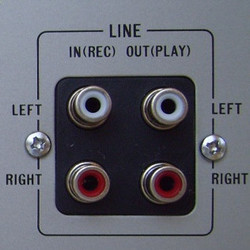
 2 Mono Microphone Inputs
2 Mono Microphone Inputs
 RCA Input/Output Connectors
RCA Input/Output Connectors
 Headphones
Headphones
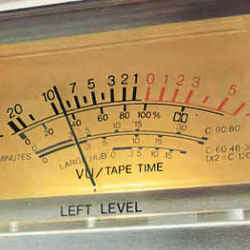
 3-Digıt Mechanical Counter
3-Digıt Mechanical Counter
 Analog Needle Meters
Analog Needle Meters
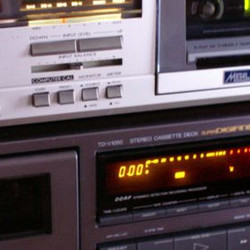
 Orientation Left
Orientation Left
 Front Loading
Front Loading
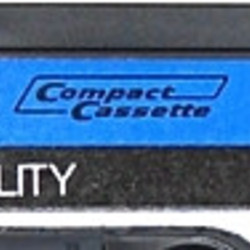
 Stereo
Stereo
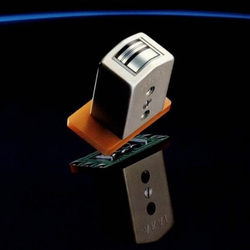
 2 Head Desiǥn
2 Head Desiǥn
 4 Track / 2 Channel
4 Track / 2 Channel
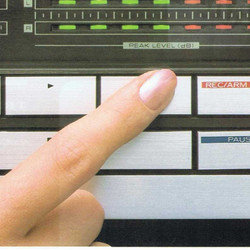
 Soft Touch Transport Control
Soft Touch Transport Control
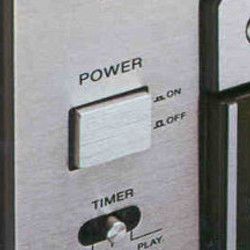
 Alternating Current
Alternating Current
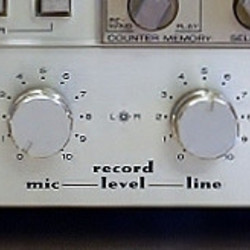
 Individual Input Level Controls
Individual Input Level Controls
 Output-Level Control
Output-Level Control
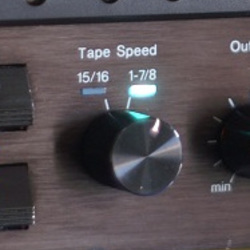
 1⅞ ips - 4.76 cm/s
1⅞ ips - 4.76 cm/s
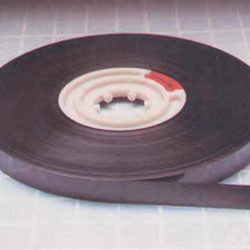
 Normal Tape Capabılity
Normal Tape Capabılity
 Chrome Tape Capabılity
Chrome Tape Capabılity
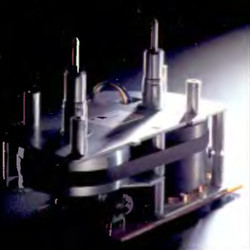
 Belt Drive (Capsŧan)
Belt Drive (Capsŧan)
 Mechanical Tape Loading
Mechanical Tape Loading
Shop Sharp RT-2251 items currently for sale
The products for sale contains items that link to partners of CassetteDeck.org and may result in us receiving commission from purchases made.
Similar to Sharp RT-2251 from the period 1979 - 1981
Copying product information from this page and use it in your auction or on your website is allowed only if you submit a picture of the Sharp RT-2251 to us. This picture has to be made by yourself, showing the deck with its entire front and containing no watermarks or logos. In case we discover that you copied Sharp RT-2251 content without sharing images in return then you give us the right to use the content on the page where you used our Sharp RT-2251 information.
















